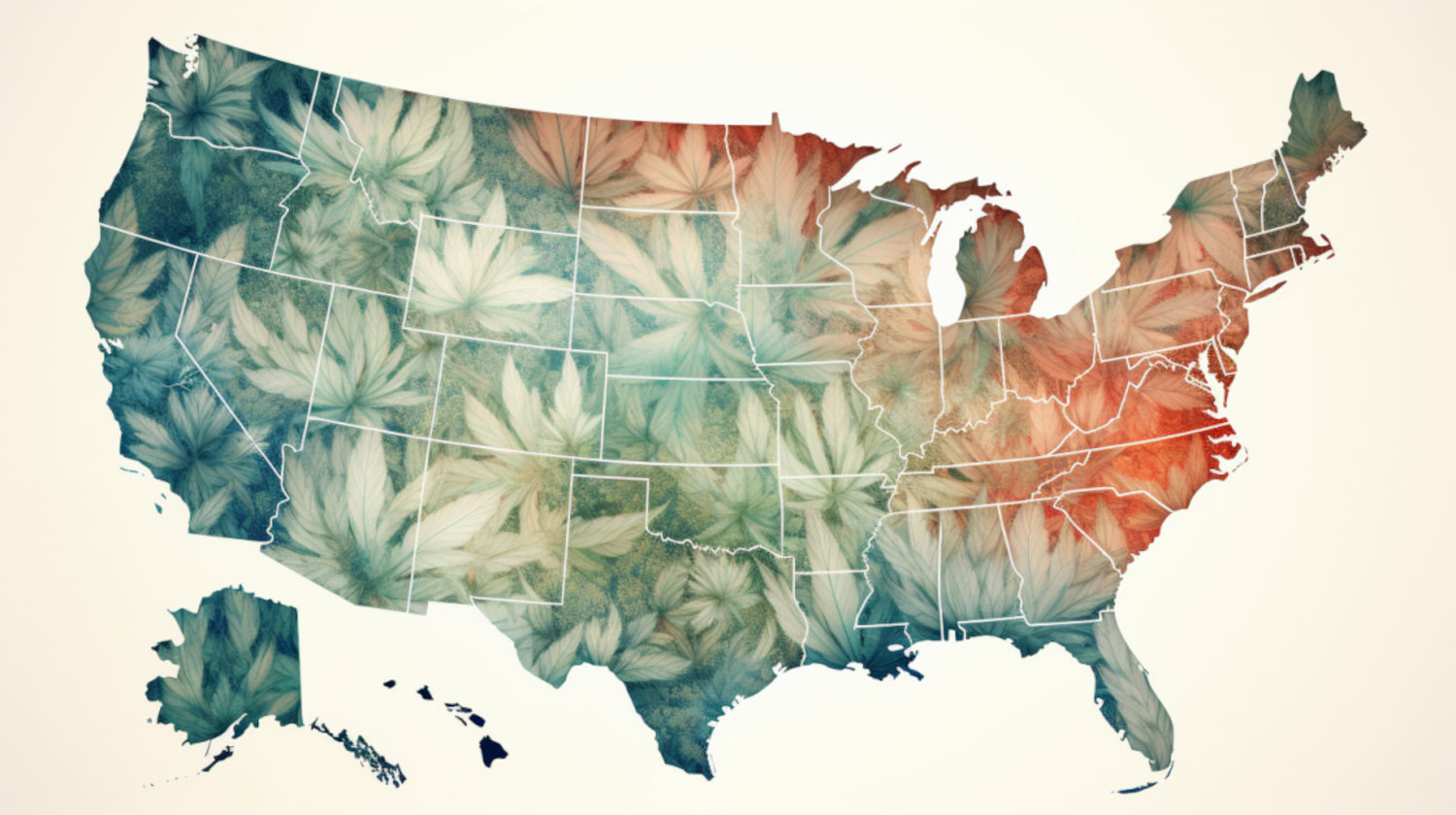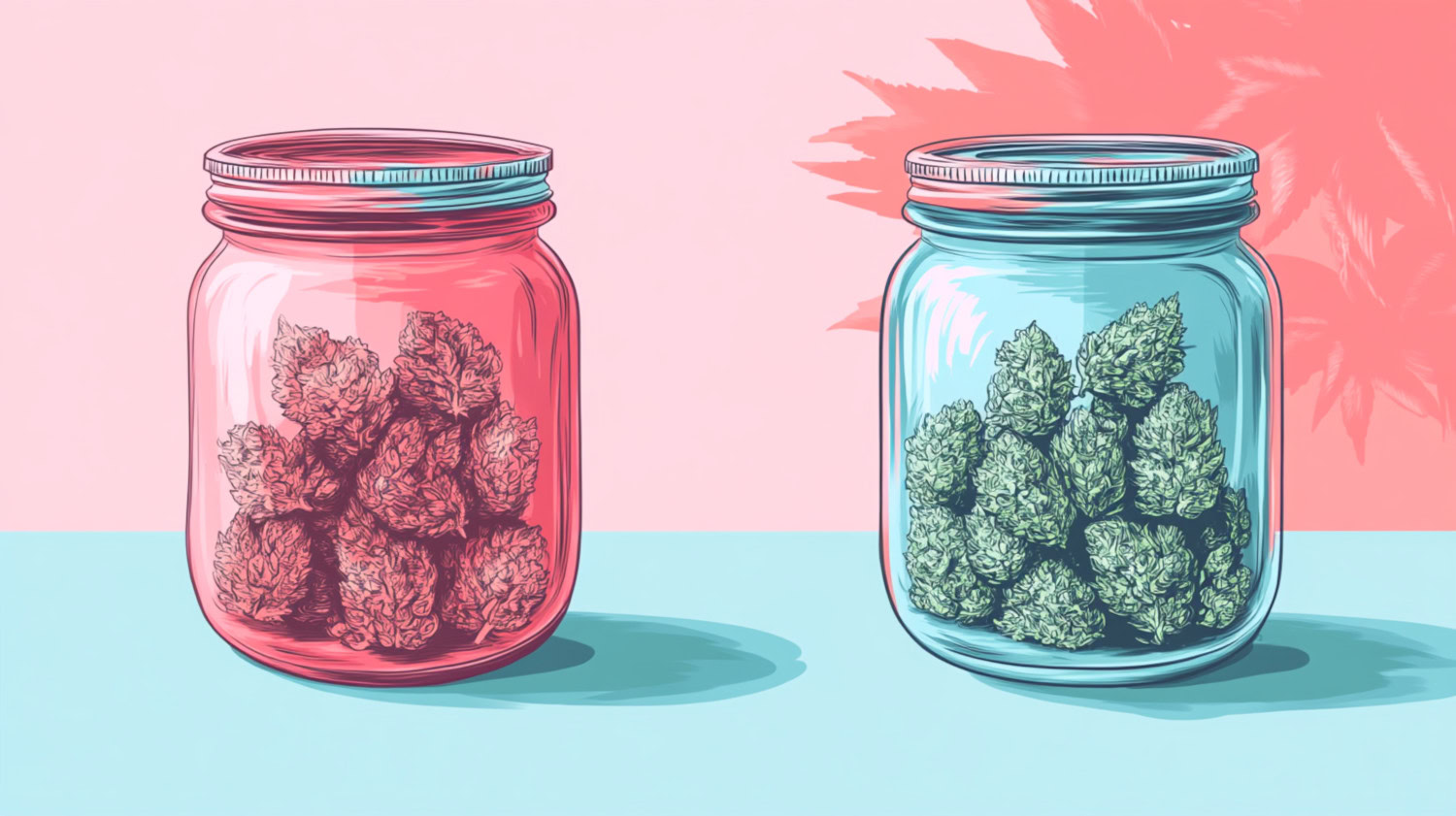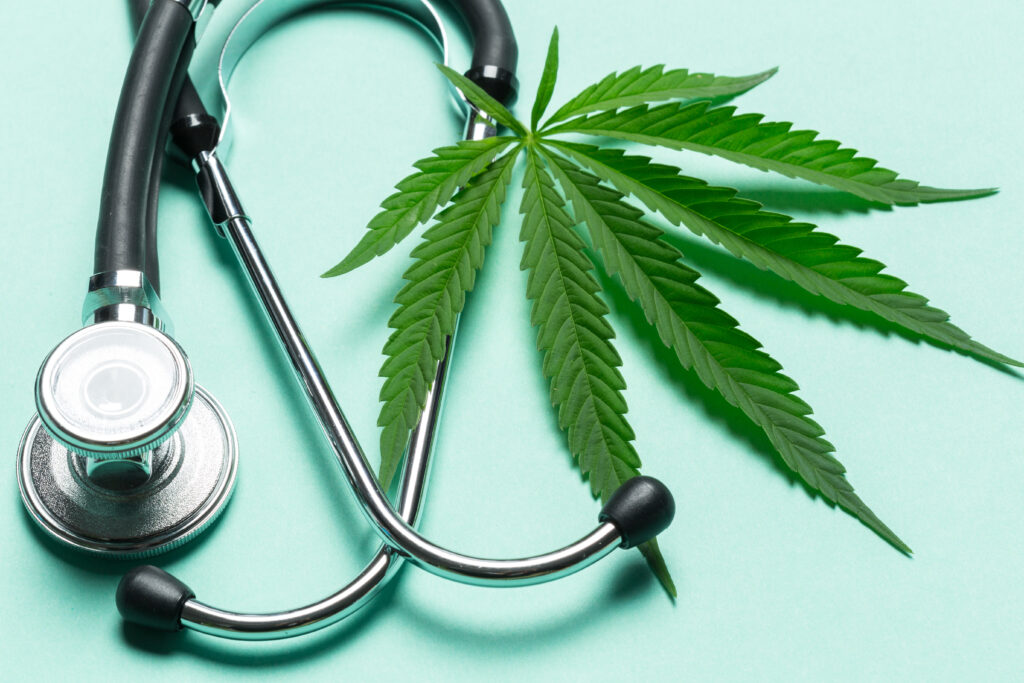In This Article
Richard M. Nixon, the former U.S. president who instigated the nation’s War on Drugs, admitted in private that cannabis is “not particularly dangerous” while publically referring to all illicit substance use as “public enemy No. 1,” according to recently discovered White House recordings.
“Let me say, I know nothing about marijuana,” Nixon said in a March 1973 Oval Office meeting with advisers, Marijuana Moment reported on September 14. “I know that it’s not particularly dangerous, in other words, and most of the kids are for legalizing it. But on the other hand, it’s the wrong signal at this time.”
“The penalties should be commensurate with the crime,” Nixon said, characterizing a 30-year sentence in a criminal case he recently had learned about as “ridiculous.”
“I have no problem that there should be an evaluation of penalties on it, and there should not be penalties that, you know, like in Texas that people get 10 years for marijuana. That’s wrong,” Nixon added.
Only one year earlier, Nixon had rejected a recommendation from a federal commission to decriminalize marijuana, and no such review of penalties for marijuana offenses was made by his administration.
Nixon’s comments about cannabis were discovered on one of the tapes he secretly recorded while holding meetings or discussions in the Oval Office. The remarks were recently discovered by a lobbyist for the Minnesota cannabis industry after listening to hours of the recordings.
Insight Into the Mind of a President
Presidential historians say that the discovery of Nixon’s comments on marijuana gives insight into the former president’s thinking. Gregory Cumming, a government archivist and historian who has worked since 2003 at the Richard Nixon Presidential Library, said he was previously unaware of the former president’s comments.
“It is counter to his image as sort of the ultimate square of the 1960s and ’70s,” Cumming told the New York Times, the publication that first reported on Nixon’s comments.
Douglas Brinkley, a presidential historian at Rice University and the coauthor of two books about Nixon’s secret tapes, said the comments are consistent with other historical evidence that suggests that Nixon’s war on drugs was largely a tactic to attack his perceived political rivals rather than a policy based on strong personal convictions about drug use.
“It reinforces Nixon as a Machiavellian political operative,” Brinkley said, adding that the former president “dehumanized drug users because it was in his political interest to do so.”
Dr. Jerome H. Jaffe, a psychiatry professor who served as Nixon’s drug czar from 1971 to 1973, said in an interview with the New York Times that he did not recall hearing Nixon say that cannabis was not particularly dangerous.
Jaffe said Nixon’s recorded remarks are “an interesting discovery.” But he added that he was “not surprised that a number of people, maybe including Nixon, didn’t think marijuana was as dangerous as heroin or cocaine.”
Nixon’s comments about marijuana being “not particularly dangerous” are significant because the former president launched the War on Drugs in 1971, saying at a press conference that drug use is “public enemy number one,” and that “in order to fight and defeat this enemy, it is necessary to wage a new, all-out offensive.” The Nixon administration is also responsible for listing marijuana under Schedule I of the Controlled Substances Act, the strictest classification ostensibly reserved for drugs with no medical value and a high risk of abuse.
Nixon’s campaign against marijuana continued well into the 21st century, passed from one presidential administration to another for the next five decades. Only in the last few years has the federal government signaled a willingness to accept cannabis policy reform, including a pending proposal from the Biden administration to reschedule marijuana to Schedule III.
Critics of the War on Drugs note that the United States has spent hundreds of billions of dollars to suppress drug use which has led to the mass incarceration of millions of people, including a disproportionate number of Black and Brown individuals. During that time, drug use has only continued to rise, leading to nearly 108,000 overdose deaths in 2022 (none of which were caused by cannabis).
The information in this article and any included images or charts are for educational purposes only. This information is neither a substitute for, nor does it replace, professional legal advice or medical advice, diagnosis, or treatment. If you have any concerns or questions about laws, regulations, or your health, you should always consult with an attorney, physician or other licensed professional.




